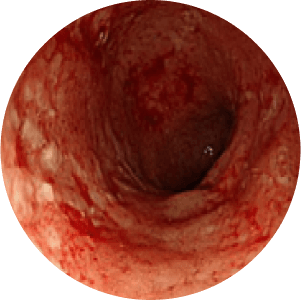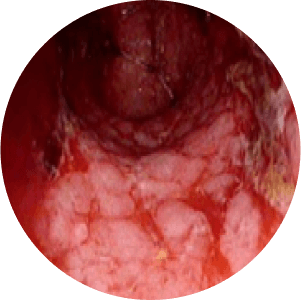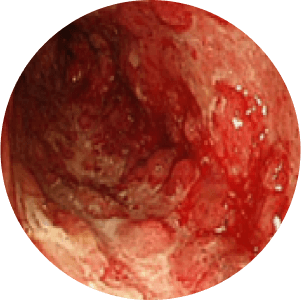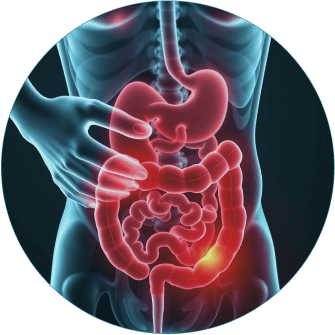Important Medical Disclaimer
This information is intended for patients and caregivers only. It is not a substitute for professional medical advice, diagnosis, or treatment. The content on this page is for informational purposes only and should not be used to make decisions about your health or medical care.
- Always consult a qualified healthcare provider for medical advice specific to your condition and needs.
- Do not disregard professional medical advice or delay seeking it because of information found on this website.
- If you think you may have a medical emergency, contact your doctor or emergency services immediately.
By continuing, I acknowledge reading and understanding this disclaimer.
Important Medical Disclaimer
This section contains technical information intended for healthcare professionals only.
- The information provided here is not intended to replace professional judgment or serve as a standard of medical care.
- Variations in practice may be warranted based on individual patient needs, local protocols, and regional regulations.
- Users are responsible for validating all information and its application to patient care.
- The medical devices described may not be approved for use in all jurisdictions. Please refer to local regulatory information for approved indications and usage.
By continuing, I acknowledge iam a qualified healthcare professional and agree to use this information responsibly within your scope of practice.











